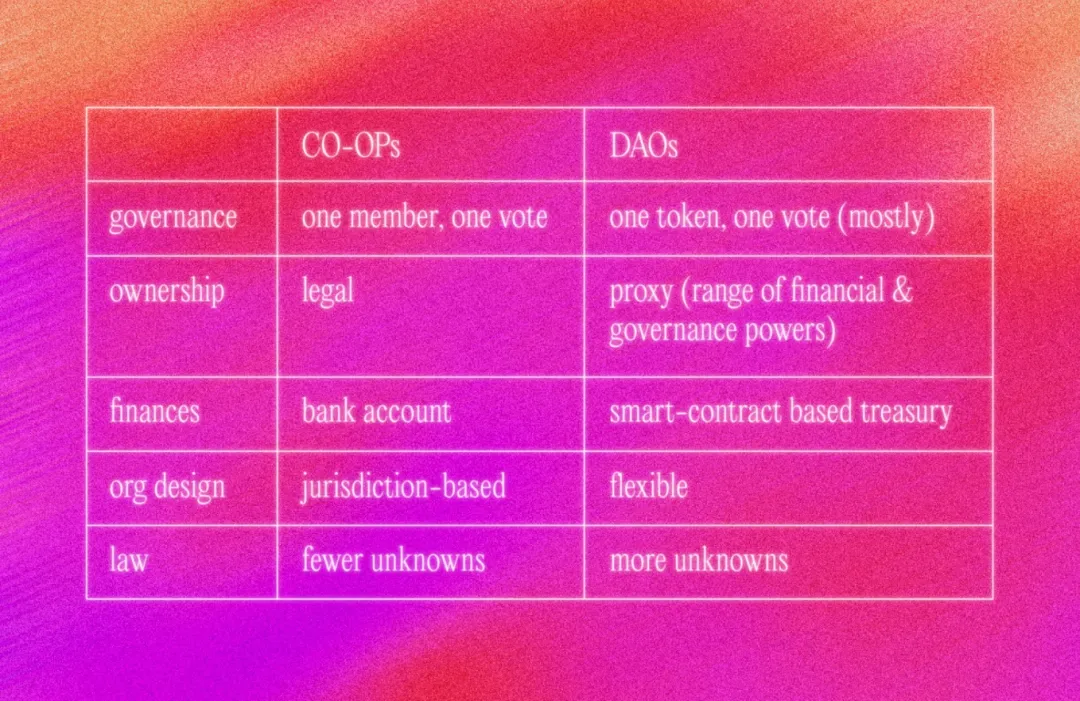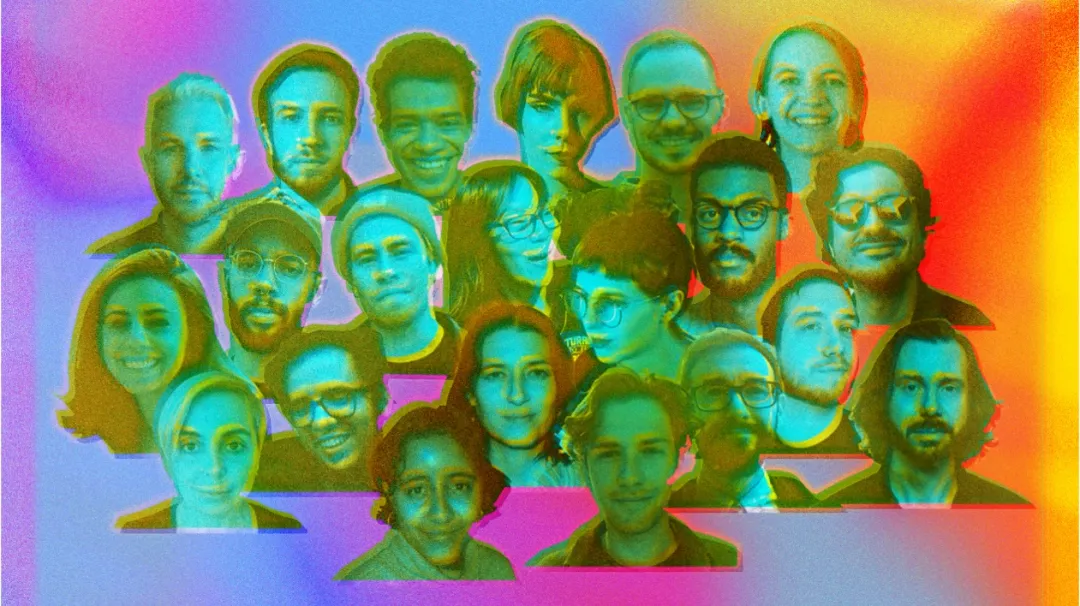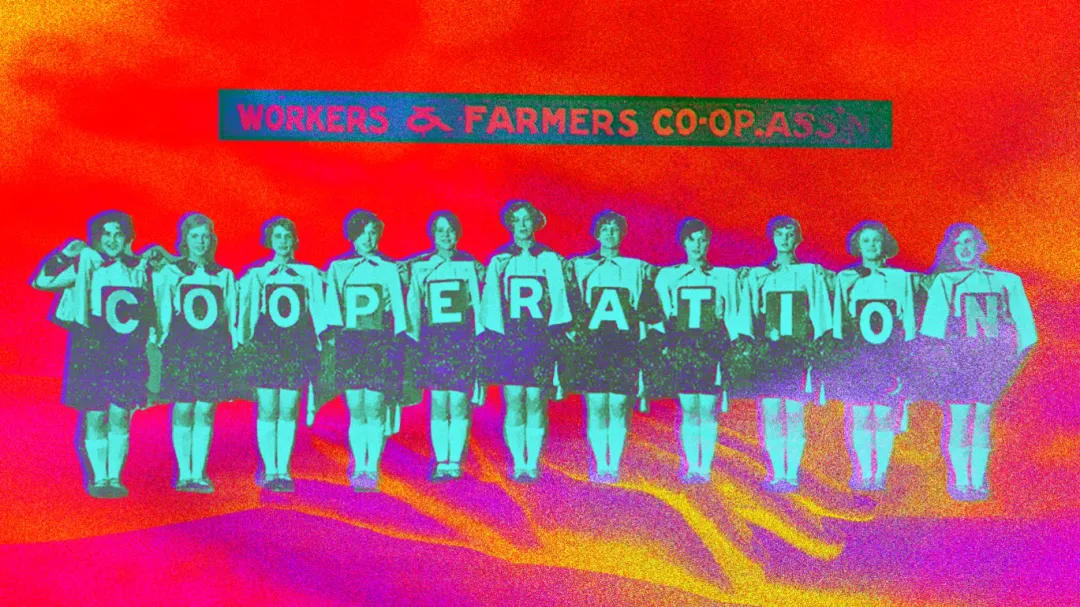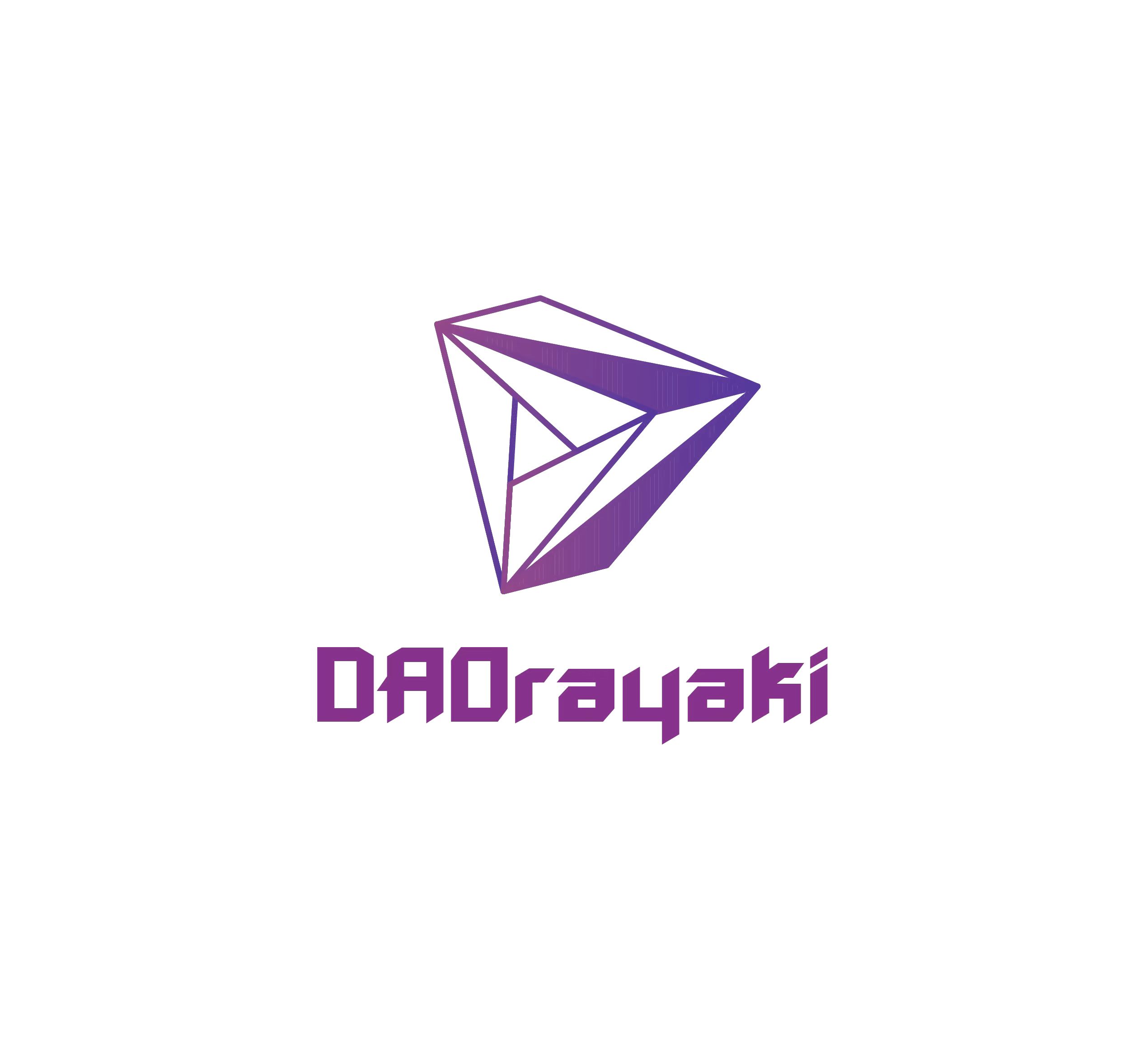What can cooperatives (CO-OPS) and DAOs learn from each other?
What cooperatives (CO-OPS) and DAOs can learn from each other
The best framework for coordination and functioning may not be a choice between these two models, but a combination of both.

In 2014, the year before Ethereum was launched, Trebor Scholz, a scholar-activist and professor at the New School in New York, coined a new term: "platform co-operativeism." In a blog post, Scholz proposes a bold alternative to the extractive Web 2.0 sharing economy: platforms that operate as cooperatives and are collectively owned and controlled by their workers and users. Their goal is to figure out how to create a future in which ride-sharing apps will be owned by drivers, grocery delivery platforms will be owned by personal shoppers, and sites like Patreon will be owned by creators.
Since 2014, platform cooperativism has become a growing global subculture in tech. At the annual conferences in New York, Hong Kong and Berlin, active community organizers and social entrepreneurs come together to support each other, exchange stories and lament the difficulty of funding.
A few years ago, I started a digital co-op called Ampled, an artist-and-worker-owned Patreon alternative for musicians. Recently, I have also participated in several DAOs, including Forefront, Seed Club, and Friends With Benefits. Already enlightened by having one foot in the platform collaborationist movement and the other in the DAO space, I have come to believe that when it comes to human organization, collective ownership, and cultural production, these two fields are emerging Valuable new tool. While at times these innovations seem to be happening in parallel and in isolation, I believe there is much that the two communities can learn from each other—and even open the door to meaningful hybrid approaches between the two.

A cooperative is a business jointly owned by workers, customers, or both, and operated on a one-member-one-vote basis. While this ownership structure forms the basis of the partnership model, its application and culture are different. There are agricultural cooperatives, just as there are digital cooperative technology platforms.This article will focus primarily on worker and platform collaborations, but other examples include:
cooperative:
consumer cooperative
Purchasing cooperatives
Multi-stakeholder cooperative
housing cooperatives
marketing cooperative
producer cooperative
DAOs, internet-native organizations coordinated by blockchain-based tokens, also take many forms. These include:
DAOs:
Protocol/Platform DAO
Creator DAO
Service DAOs
Social DAOs
Invest in DAOs
Social DAOs
Although both cooperatives and DAOS are collectively owned and jointly determined forms of organization, they have some key differences. First, the cooperative implements one-member-one-vote governance. That means voting with people, not money. No one member of the co-op can buy more power than anyone else.
While DAOs can imitate collaborative governance, it is more common to observe the easier-to-implement one-coin-one-vote governance model, as verifying one's identity is still a nascent field in the blockchain world.

Differences aside, there is also an increasing overlap in the conceptual space in which DAOs and platforms collaborate. Both forms seek to expand collective ownership and governance of digital infrastructure. Both have a culture that prioritizes collective control and the creation of shared goods.
image description

Sufficient Contributors, 2021
What DAOs Can Learn From Collaboration
History background
People in the DAO space may mistakenly think that collective work and organizational models are a technology-related invention. In fact, historically, mutual aid and democratic ownership have been practiced in communities in almost every corner of the world.
In the United States, the cooperative tradition has a history of neglect, with marginalized groups forced to form solidarity networks in order to survive and be self-sufficient. In her book Collective Courage: A History of African-American Cooperative Economic Thought and Practice, John Jay College professor Jessica Gordon-Nemhard outlines how African Americans, both free and enslaved, lived hundreds of years ago Examples of economic cooperation that Americans engage in include pooling money to buy individual liberty and building purposeful communities and mutual aid societies. The Underground Railroad is itself a solidarity network. These forms of collaboration predate the Rochdale Society of Equitable Pioneers. The Rochdale Society, a British consumer cooperative founded in 1844 to provide high-quality food and supplies to skilled workers displaced by mechanization, is widely regarded as the foundation of the modern cooperative movement.
During the Great Depression, Americans pioneered another barter and value exchange network, such as Oakland's Unemployment Exchange Association. Much of rural America is powered by electric cooperatives as incumbent electric companies deem certain areas too unprofitable to provide electricity. The US also has a rich history of community and local currencies, including Ithaca Hours and BerkShares.
DAOs can learn a lot from these historical examples, especially when it comes to non-hierarchical work patterns and collective decision-making. Studying failed cooperative models is also instructive for avoiding mistakes. However, I think looking back at past co-ops and solidarity networks is particularly instructive for DAOs in three areas: uniting people for racial and economic justice, fostering a strong sense of shared ownership, and building communities based on shared principles.
Economic and Racial Justice
Cooperatives often emerge as a response to market failures and exploitative economic systems. They are designed to bring benefits to their members: good jobs, dignity, and collective agency. Because co-ops are motivated by serving the needs of their members, not profit, they are often guided by a mission of racial and economic justice. There isn't any particular structural mechanism that would allow a co-op to focus on social justice more effectively than a DAO; it's more a matter of building incentives.
In the crypto space, by contrast, some of the most prominent examples of collective economic organizations have formed memes, or as commoditization and speculation. The value of examples like PleasrDAO breaking down the Doge meme, or ConstitutionDAO raising $40 million to buy the U.S. Constitution, is that they provide templates for new models of global economic coordination. So far, however, these DAOized funding groups rarely seem to be united around the goal of helping underserved individuals and communities meet their basic needs.
There are some encouraging conversations emerging around decentralized impact organizations that can be a useful framework for allocating resources for long-term social impact outcomes. While there are a growing number of mutual aid and mission-driven DAOs (including PleaserDAO's Free Ross DAO), these projects have yet to generate as much collective excitement, support, or resources. However, for those who want to use Web3 to change the world, the stories of co-ops like Cooperation Jackson and the 40 Acre Co-op offer insight in terms of coming together to pursue a common goal and building an organization that reflects those values. A lot of wisdom.

Ambitious Definition of Ownership
Cryptonetworks and DAOs often use the concept of an “economy of ownership,” a concept first coined by venture capitalist Jesse Walden, as a guiding philosophical infrastructure.
“An ownership economy doesn’t always mean a literal distribution of tokens, stock options, or equity,” Walden wrote in a post outlining the idea. “Rather, it means that ownership—perhaps in the form of novel economic rewards, platform governance, or new forms of social capital—could become a new cornerstone of user experience, with plenty of design space to explore.”
By defining ownership so broadly, the argument risks diluting the concept of ownership to mean only "upside risk" or a "feeling of ownership." As Cory Rosen, director of the National Center for Employee Ownership, puts it, “Belonging is like dinner.” But the concept of the “ownership economy” ignores some aspects of real ownership. Key principles, such as giving members transparency about their investments and agreements, a voice in hiring and other important decisions, and the ability to hold leaders accountable.
In this regard, co-ops have a long track record of expertise and proven tools to establish strong shared ownership in a legal manner: bylaws, operating agreements and knowledge, in addition to clearly defined rights, responsibilities and accountabilities Title ownership.
As DAOs continue to develop new forms of collective governance, from East Bay Permanent Real Estate Cooperative’s bylaws to Stocksy’s proposal flow charts to Ampled’s decision matrix, it’s useful to look to smaller or older cooperative models as inspiration .
sharing principle
Co-ops have another thing in common: they tend to band together around a common set of principles. The Rochdale Principles are a set of collaborative ideas developed by the Rochdale Equity Pioneers Association. Nearly two centuries later, cooperatives around the world are still based on them.
The first three principles outline how cooperatives should operate:
Voluntary open membership
democratic member control
Member Economic Participation
Four other principles outline shared virtues and values:
autonomy and independence
Education, Training and Information
cooperation among cooperatives
care about the community
Not all DAOs are interested in adopting a shared set of principles. But for those of us who are motivated by the power to collaborate, influence, and unite around a common social or technological goal, it's important to ask ourselves the right questions: What are our shared values? Do we want to prioritize transparency, engagement, and collaboration like the open source movement? If we do enough self-reflection, we may find that we share many principles with the cooperative movement, including Principle 6: DAOs should seek to collaborate with other DAOs.
As new entrants rush into the Web3 ecosystem to form DAOs, it may be useful to develop a set of common principles that can guide us in building Web3 - values that can help us avoid recreating the dark patterns of Web2, which could lead to the formation of like-minded DAOs. basis for cooperation. The DWeb principles, a set of values that emphasize humanity and distributing benefits over "self-governing organisations," are a good heuristic, although not comprehensive when applied to workers' organizations. Fusing DWeb principles with Rochdale principles might be a good place to start.
What co-ops can learn from DAOs
quick test
In April 2021, The Mirror founder Denis Nazarov floated the idea of a tool called PartyBid on Twitter that would allow people to bid and buy NFTs. Not long after, PartyDAO came together, raised $100,000, and then quickly built and released an impressive product that allowed collective bidding and split ownership. In just a few months, this distributed team has created a collectively owned platform that has facilitated millions of dollars in bids.
Since DAOs are blockchain-based organizations, often not tied to corporate entities, they leave a lot of room for rapid experimentation in organizational and incentive design. Members can collectively find ideas, direct jointly managed resources toward common goals, iterate and release rapidly.
image description

Image of the Helium Network
Bootstrapping the network with tokens
Co-ops have long been plagued by financial difficulties. Due to their for-profit nature, eligibility for grants can be difficult. And, because they revolve around group ownership and democratic collective control, they are functionally incapable of accepting traditional equity-based venture capital, which requires the majority of ownership to be sold to investors.
In addition to being a powerful tool for coordination and voting, tokens can make it easier for co-ops to start when cash is low. Helium, which provides distributed networking for "LongFi" wireless Internet infrastructure, is an example. To power the web, people around the world install routers in their homes and offices that act as nodes in the network. Nodes are compensated with $HNT, a native Helium token that represents governance and value. Without this token and smart economic incentives, it's hard to imagine how a decentralized network of this scale could have come about.
Members of the tokenized community can also earn something tangible for their contributions. Tokens can be coded to automatically receive sponsorship bonuses when there is an income stream. This gives cooperative members or contributors the ability to capture the value they create, not unlike the banking system used by the Offline Solidarity Network.
A new way to exit the community
If a cooperative is maintaining a public or shared good, distributing tokens to early adopters of that good can be seen as a loyalty reward: granting people automatic membership, voting rights, or project ownership based on past spending or support .
One example is the recent token airdrop from the Ethereum Name Service (ENS), a public tool that allows you to register a Web3 username ending in ".eth" and associated with your Ethereum address. This makes it easier for people to send and receive ether without having to remember long public keys.
ENS has been in development for over 4 years and was initially controlled by a small group of people. But they wanted to decentralize control and management to their community, so they evaluated users who had previously registered .eth domains and came up with an algorithm to allocate 25% of all ENS domains to these users. After the initial distribution, users end up with more control and power than core contributors, who collectively received 18.96% of the token supply.
While cooperatives may wish to stick to a one-person-one-vote decision-making model, token airdrops can distribute rewards across a loose and sprawling network and attract more decision-making members to the organization.
For those who have been advocating exiting the community, or supporting a path for startups to transfer ownership to employees and stakeholders, as an alternative to an IPO or acquisition, DAO airdrops can be a powerful tool for distributing community control.
new hybrid model
Not surprisingly, there are a number of organizations currently experimenting with merging the DAO concept with a collaborative model. Distributed Cooperative is a framework that uses feminist economics to reposition DAOs to operate more like traditional cooperatives. Some other examples:
ETHDenver, a conference and legal cooperative that recently launched a token
Opolis, a digital employment cooperative, launches DAO and its own $WORK token
Common Lands, a "decentralized self-governing housing cooperative" aims to help a million families buy their first home through community-owned, affordable co-op housing
SongADAO, a DAO formed around musician Jonathan Mann's daily song releases, recently merged into a legal cooperative
In the end, the best framework for an organization may not be a choice between a collaborative model or a DAO model, but a hybrid of both. Integrating collaborative value into crypto networks can take the form of traditional collaborations that kick-start their networks through tokenized contributions on-chain. Alternatively, in some cases, a DAO may decide to adopt cooperative one-vote governance.
By drawing on the lessons of the past, and looking to the future, we can create communities that embody the best of both worlds: effective, principled, and well-resourced organizations working to build a more equitable, democratic, and collectively owned future.



